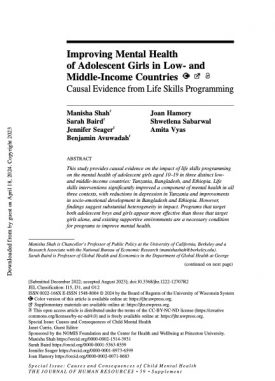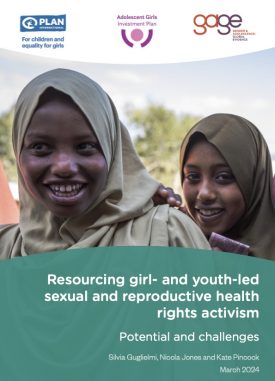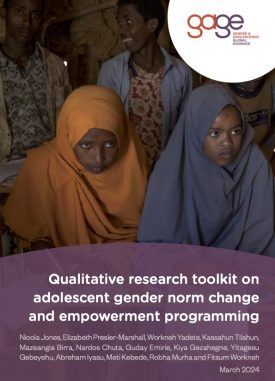The Dom community in Jordan is a highly marginalised group. In this policy brief, we present findings from an assessment of the contributions of UNICEF’s Makani programme on the multidimensional capabilities of Dom adolescents in Jordan. It draws on findings from qualitative interviews with 64 adolescent boys and girls, both Makani programme participants and non-participants aged 10–19 years, their caregivers, and key informants. The policy brief outlines key findings in relation to the six core capability domains covered by the Gender and Adolescence: Global Evidence (GAGE) longitudinal research programme. Although, there are many challenges in working with this community, our findings indicate that Dom adolescents’ participation in UNICEF’s Makani programme is contributing to improvements in their well-being across a range of capability domains. We conclude with some key priority actions that have the potential to leverage these positive programme effects, for UNICEF’s Makani programme to consider.
Suggested citation
Devonald, M., Jones, N., Małachowska, A., Alheiwidi, S., Al Amaireh, W., Alshammari, F. and Shareef, Q. (2021) ‘Empowering adolescents through an integrated programming approach: exploring the effects of UNICEF’s Makani programme on Dom adolescents’ well-being in Jordan’. Policy brief. London: Gender and Adolescence: Global Evidence. (https://www.gage.odi.org/publication/empowering-adolescents-through-an-integrated-programming-approach-exploring-the-effects-of-unicefs-makani-programme-on-dom-adolescents-well-being-in-jordan/)


